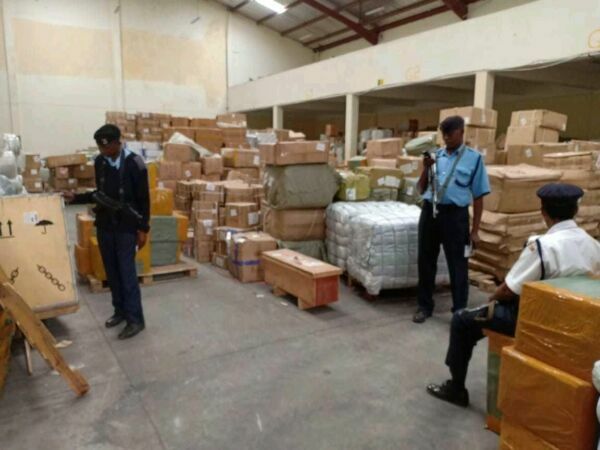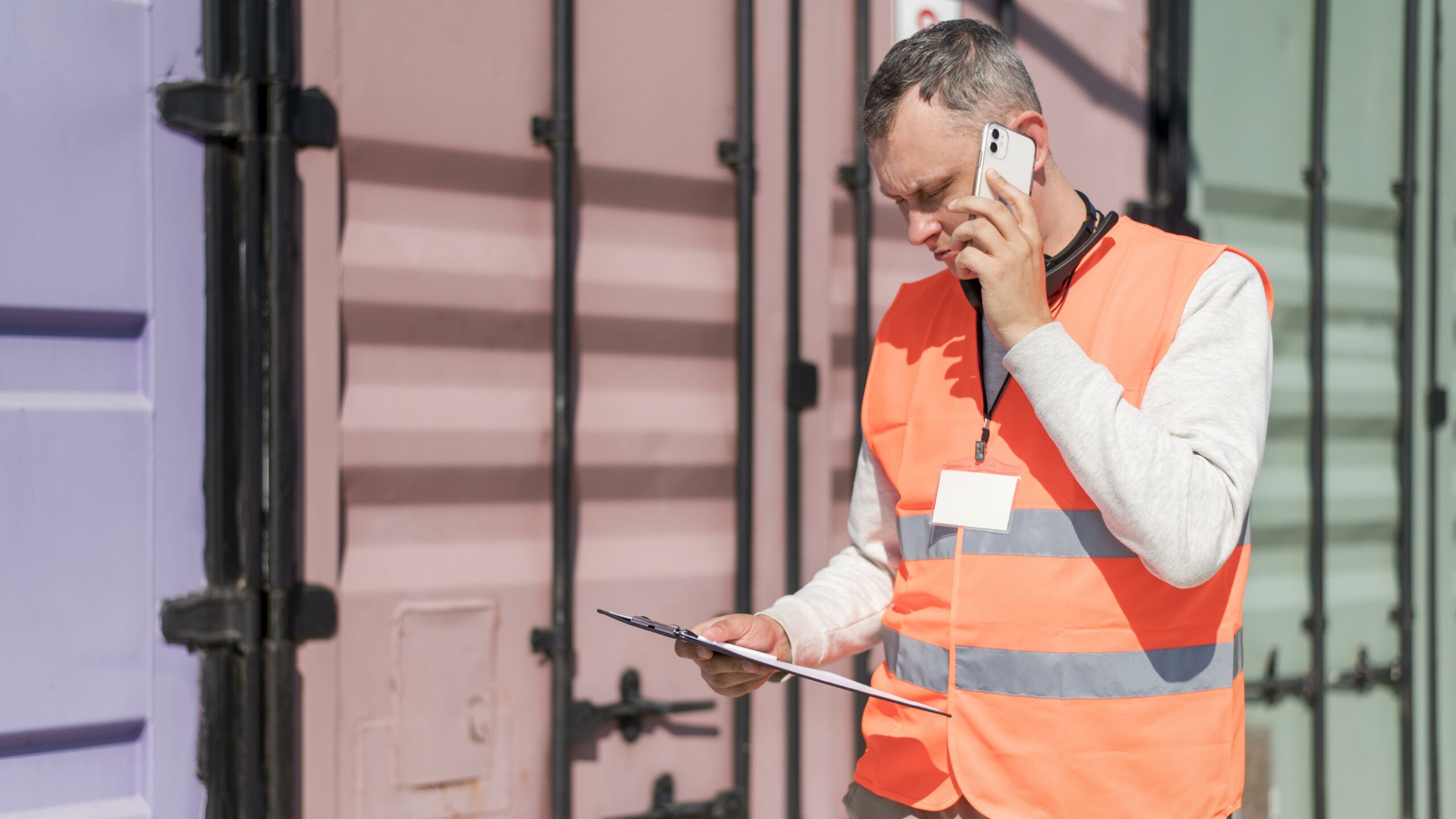Counterfeit products have entrenched themselves in Africa’s markets, posing a grave threat to consumers, industries, and the overall economic stability of the continent. From pharmaceuticals and electronics to fashion and food products, the proliferation of counterfeit goods is a growing concern that demands immediate attention. In this article, we explore the alarming rise of counterfeit products in Africa, its implications, and the concerted efforts being made to combat this menace.
Counterfeit products, also known as fake or pirated goods, are imitations of genuine products, often of inferior quality and lacking the safety and regulatory compliance required. Counterfeiters take advantage of weak intellectual property rights enforcement, porous borders, and the ever-present demand for affordable products. These illicit products not only deceive unsuspecting consumers but also inflict severe damage on legitimate businesses and economies across Africa.
The consequences of counterfeit products are far-reaching. Firstly, consumers’ safety and well-being are compromised as these goods fail to meet quality and safety standards. Counterfeit pharmaceuticals, in particular, pose a grave risk, as they can contain harmful substances or incorrect dosages, leading to serious health complications and, in some cases, even fatalities. This jeopardizes the trust between consumers and the market, undermining the entire ecosystem.
Moreover, counterfeit products undermine legitimate businesses by eroding brand reputation, diminishing customer trust, and stealing market share. African industries, including technology, automotive, and fashion, suffer significant revenue losses, which can result in downsizing, job cuts, and reduced investments in research and development. These economic consequences not only impact individual companies but also impede the growth and competitiveness of entire sectors, stifling innovation and progress.
The fight against counterfeit products in Africa requires a comprehensive and multi-stakeholder approach. Governments and regulatory bodies must strengthen intellectual property rights enforcement, ensuring stricter penalties for counterfeiters and creating specialized units to investigate and dismantle illicit networks. Collaborating with international partners, sharing information, and adopting best practices are essential in tackling the transnational nature of counterfeit trade.
In addition, public awareness campaigns play a crucial role in educating consumers about the risks associated with counterfeit products. Empowering individuals to identify counterfeit signs, promoting the importance of purchasing from authorized retailers, and encouraging responsible consumer behavior are vital steps towards curbing the demand for counterfeit goods. The involvement of media, civil society organizations, and industry associations is instrumental in disseminating information and fostering a culture of authenticity and integrity.
Enhanced border controls are also crucial to intercept counterfeit products at entry points. Investment in advanced technologies, such as scanning devices and databases, can significantly improve detection capabilities, helping authorities identify and seize illicit goods. Coordinated efforts between customs agencies, law enforcement, and international organizations are necessary to curb the influx of counterfeit products across borders.
…Africa cannot achieve its full potential as long as counterfeit products continue to infiltrate its markets, robbing consumers of quality and undermining the integrity of legitimate businesses. – Nelson Mandela
Furthermore, fostering collaboration between businesses, industry associations, and government agencies is vital. By sharing information, exchanging best practices, and implementing joint initiatives, stakeholders can collectively combat counterfeiting. Training programs for law enforcement officials, specialized task forces, and whistleblower protection mechanisms can contribute to more effective enforcement and prosecution of counterfeiters.
Africa stands at a critical juncture in its battle against counterfeit products. Strong and decisive action is required to safeguard consumer health and safety, protect legitimate businesses, and bolster economies across the continent. Governments, businesses, and civil society must unite, leveraging their collective resources and expertise to eliminate this threat. By doing so, Africa can lay the foundation for a thriving and authentic marketplace that nurtures innovation, fosters consumer trust, and propels sustainable economic growth.



